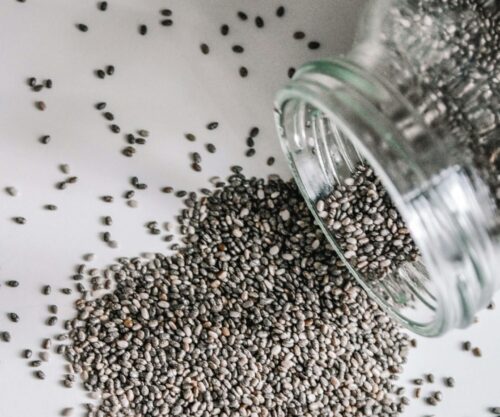
If we were to look at the upper part of our arm, just below the shoulder, most of us would see a mark or a few dots that were poked into us when we were young – a sort of tattoo administered by doctors or nurses of which we may have no recollection. Those are the marks of life-saving jabs, or vaccinations.
As humans, we try to avoid jabs, physical or verbal. But when it comes to medical jabs, it is best not to. ‘A vaccine is a dead, or weakened version, or part of the germ that causes the disease in question,’ explains Dr Anisa Vahed, a specialist paediatrician and mother of two who works and runs her private practice at Rondebosch Medical Centre in Cape Town. ‘When children are exposed to a disease in vaccine form, their immune system can build up antibodies that protect them from contracting the disease if and when they are exposed to the actual disease.’ When speaking about the importance of vaccinations for children, Dr Vahed says, ‘A child who receives all their routine vaccinations has the best possible protection against dangerous diseases. Receiving vaccinations also has the added benefit of attempting to halt these illnesses from spreading. It is one of the safest methods to protect children and is an important and effective health intervention.’
So, which vaccinations should children get?
Governmental vaccinations
‘South Africa works with the current Expanded Programme on Immunisation (EPI) schedule, which starts at birth. Children receive a scheduled vaccination at birth, six weeks, 10 weeks, 14 weeks, six months, nine months, one year, 18 months and then boosters at six years and 12 years old,’ explains Dr Vahed. These immunisations protect children against tuberculosis, polio, diphtheria, tetanus, pertussis (whooping cough), Haemophilus influenzae, hepatitis B, rotavirus, pneumococcal infection as well as the measles virus.
Non-Governmental vaccinations
Dr Vahed states that an additional private vaccination schedule is available, which includes not only the state schedule vaccination but also the additional vaccinations such as the hepatitis A vaccine, the meningococcal vaccine, a vaccine for MMR (measles, mumps, and rubella) and the chickenpox vaccine.
‘These private vaccinations are not compulsory and can be given to children at an additional cost at private clinics. Local clinics, as well as some selected private clinics, provide the current EPI schedule.’ The doctor notes that vaccinations protect children from serious illnesses and complications, which can include pneumonia, hearing loss, seizures, brain damage and death.
‘Specific vaccinations cannot be given once they reach a certain age (i.e. tuberculosis, oral polio,and rotavirus). Measles and the annual influenza vaccines can only be given once a child reaches six months old. Additional private vaccines can only be given after the age of nine months.’
Vaccines are not only important for children, but adults too, especially for women who plan to start a family. Says Dr Vahed, ‘The COVID-19 pandemic brought home the need for vaccines throughout life. They are not only necessary for children, but also, and sometimes more so, for adults. Ladies who are planning to fall pregnant should consider updating their immunisation status to add additional protection for their unborn child. Chatting to your local clinic sister or doctor will guide the patients on what risk factors they have and what vaccinations they should receive.’

Sister Pippa Hime provides ten tips for moms when getting their children vaccinated
• Dress your baby in clothing that allows for easy access to the upper thigh.
• Have your vaccination card with you so that it can be updated.
• Stick to your appointment time or clinic day for vaccinations.
• Remain calm. Babies pick up on stress and will become unnecessarily anxious and scared at the clinic.
• Don’t threaten your children at home if they are being naughty before going to the clinic for an injection, as this too will add to the fear of the clinic.
• If breastfeeding, ask the nurse to administer the vaccines while the baby is on the breast. If this is not possible, breastfeed immediately after the injection to comfort your baby.
• Have a form of distraction for your child like a book or their favourite toy for afterwards.
• Ask the nurse to explain possible side effects to you once your child has been vaccinated so that you know what to look out for and how to manage these at home.
• Don’t plan anything else for that day. Take your child home and keep them calm.
• Allow for around 24 – 48 hours to recover as your child may be more irritable. Apply arnica cream to the injection area to help with bruising. If you see something that concerns you, contact your doctor.
Also see:Dr Weber answers common questions about breast cancer




